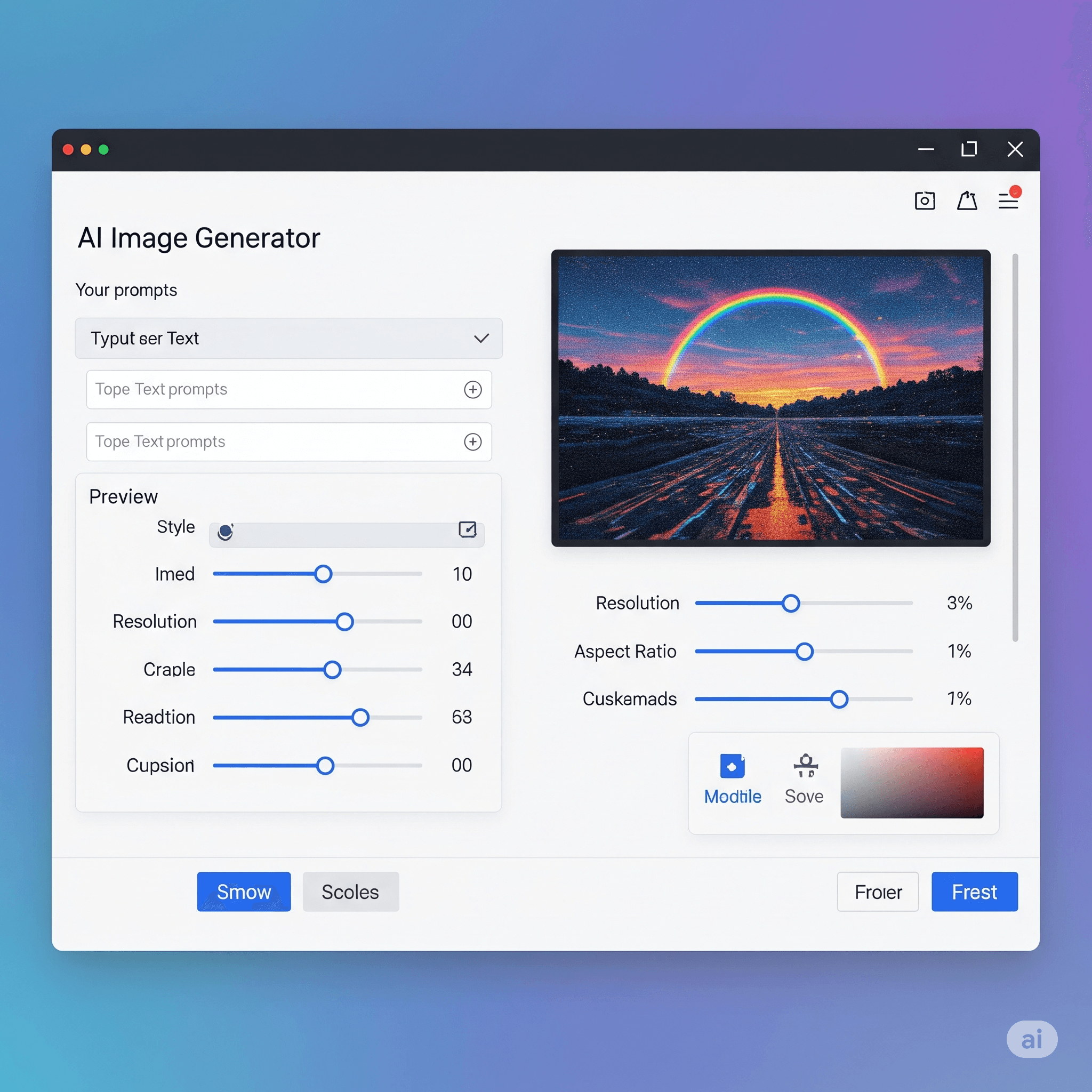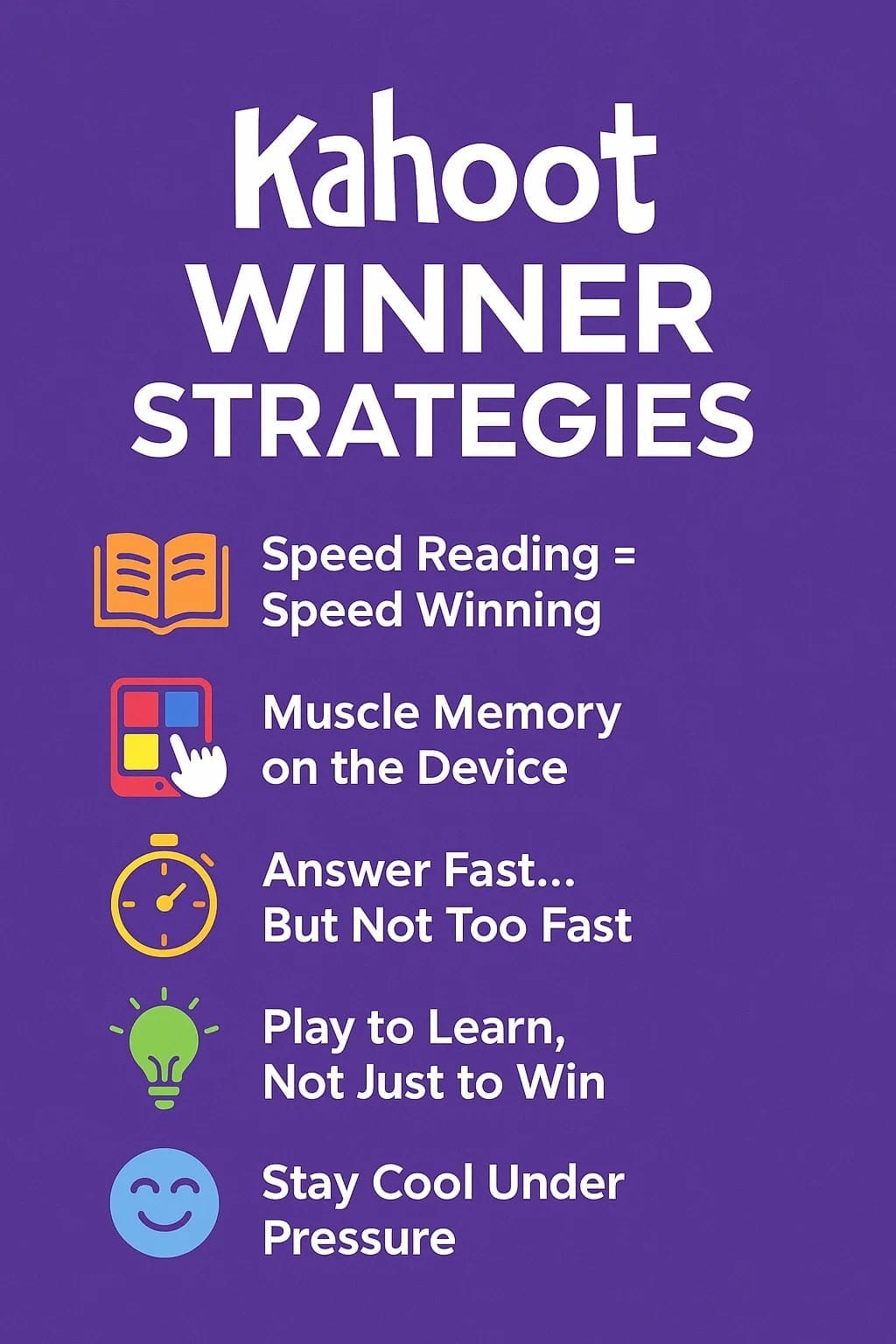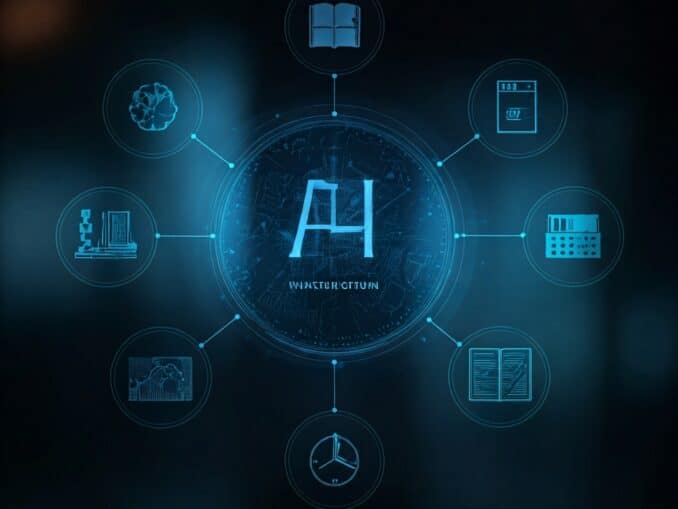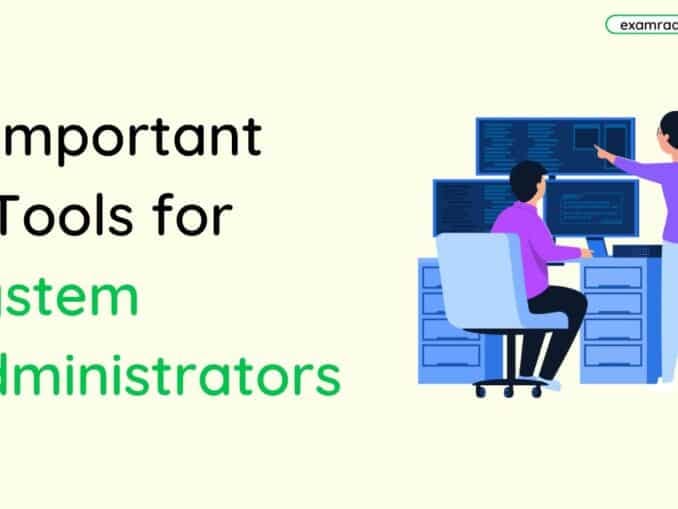Question: Why is it unethical to share copyrighted files with your friends?
Answer:
Sharing copyrighted files with friends without proper authorization or licensing can be considered unethical due to several reasons:
1. Violation of Intellectual Property Rights: Copyright laws are in place to protect the rights of creators and owners of original works. Sharing copyrighted files without permission infringes upon these rights and undermines the ability of creators to control and benefit from their creations.
2. Loss of Potential Revenue: When copyrighted files are shared without authorization, it deprives the creators, artists, and copyright holders of their rightful income. This can have a negative impact on their ability to continue producing creative works or investing in future projects.
3. Impact on Creative Industries: Unauthorized sharing of copyrighted files can harm the creative industries, including music, film, literature, software development, and more. If people consistently share copyrighted files without paying for them, it can lead to reduced financial incentives for artists, decreased investment in new projects, and potential job losses.
4. Fair Compensation: Copyright laws provide a framework for creators to receive fair compensation for their work. By sharing copyrighted files without proper authorization, individuals bypass this compensation system and deprive creators of their deserved financial support.
5. Legal Consequences: Sharing copyrighted files without permission can have legal consequences. Copyright infringement can lead to civil lawsuits, fines, and even criminal charges, depending on the jurisdiction and severity of the infringement. Engaging in illegal activities can have long-lasting negative impacts on individuals' personal and professional lives.
6. Respecting Ownership and Rights: Ethically, it is important to respect the ownership and rights of others. Just as we expect others to respect our property, creations, and rights, we should extend the same courtesy to creators and copyright holders. Sharing copyrighted files without permission disregards these rights and can be seen as a breach of trust and respect.
It is important to note that there are legal means of accessing and sharing copyrighted content, such as purchasing or licensing the content through legitimate channels. Respecting copyright laws and obtaining proper authorization helps support the creative industries, encourages innovation, and ensures a fair and sustainable ecosystem for creators and consumers alike.
MCQ: Why is it unethical to share copyrighted files with your friends?
Explanation:
Sharing copyrighted files with friends without proper authorization or licensing can be considered unethical due to several reasons:
1. Violation of Intellectual Property Rights: Copyright laws are in place to protect the rights of creators and owners of original works. Sharing copyrighted files without permission infringes upon these rights and undermines the ability of creators to control and benefit from their creations.
2. Loss of Potential Revenue: When copyrighted files are shared without authorization, it deprives the creators, artists, and copyright holders of their rightful income. This can have a negative impact on their ability to continue producing creative works or investing in future projects.
3. Impact on Creative Industries: Unauthorized sharing of copyrighted files can harm the creative industries, including music, film, literature, software development, and more. If people consistently share copyrighted files without paying for them, it can lead to reduced financial incentives for artists, decreased investment in new projects, and potential job losses.
4. Fair Compensation: Copyright laws provide a framework for creators to receive fair compensation for their work. By sharing copyrighted files without proper authorization, individuals bypass this compensation system and deprive creators of their deserved financial support.
5. Legal Consequences: Sharing copyrighted files without permission can have legal consequences. Copyright infringement can lead to civil lawsuits, fines, and even criminal charges, depending on the jurisdiction and severity of the infringement. Engaging in illegal activities can have long-lasting negative impacts on individuals' personal and professional lives.
6. Respecting Ownership and Rights: Ethically, it is important to respect the ownership and rights of others. Just as we expect others to respect our property, creations, and rights, we should extend the same courtesy to creators and copyright holders. Sharing copyrighted files without permission disregards these rights and can be seen as a breach of trust and respect.
It is important to note that there are legal means of accessing and sharing copyrighted content, such as purchasing or licensing the content through legitimate channels. Respecting copyright laws and obtaining proper authorization helps support the creative industries, encourages innovation, and ensures a fair and sustainable ecosystem for creators and consumers alike.
Discuss a Question
Related Questions
- 1. Reusable optical storage will typically have the acronym-
- 2. The most common type of storage devices are-
- 3. A device that connects to a network without the use of cables is said to be-
- 4. A person who used his or her expertise to gain access to other people’s computers to get information illegally or do damage is a-
- 5. To access properties of an object, the mouse technique to use is-
- 6. A DVD is an example of a
- 7. The process of transferring files from a computer on the Internet to your computer is called
- 8. ………. is the process of dividing the disk into tracks and sectors.
- 9. Help Menu is available at which button?
- 10. The technology that stores only the essential instructions on a microprocessor chip and thus enhances its speed is referred to as
You may be interested in:
Computer Basics MCQs






